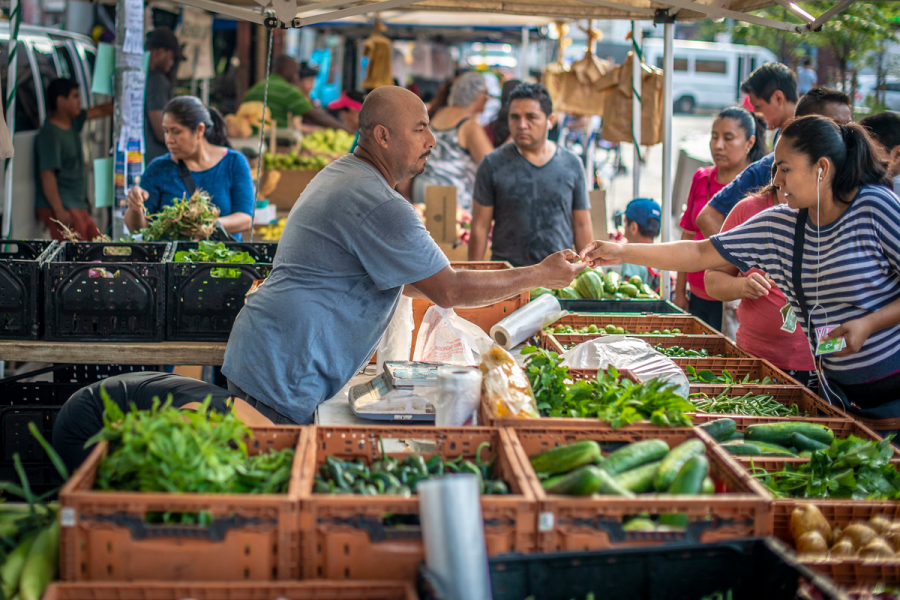Food justice is the right to healthy food, including quality, affordable and sustainable options. Achieving food justice is an issue that affects people of all socioeconomic backgrounds. We see it as a human rights issue, and want to ensure that everyone has access to healthy foods, including those who are most impacted by our current food system like low-income families; communities of color; immigrants; people with disabilities or health conditions like type 2 diabetes or obesity; indigenous populations in North America and beyond.
The benefits of food justice
1. Food justice teaches us about the real value of food:
people, animals, land, and water. Most people see food as just a means to meet their most basic biological needs when in fact the production of food contributes to our economy and society at large. Food justice recognizes that we depend on each other for healthy food systems and that it’s important to be aware of the implications of our choices not only for people but for the environment.

2. Food justice requires us to change what we eat:
In order to make sustainable dietary changes, it is important that we understand where our food comes from, including how it is grown or raised and by whom. We need to connect with our food on a deeper level.
3. Food justice teaches us about why our economy is based on the exploitation of people and the planet:
It is important to understand why food is grown, transported, processed, and distributed in ways that often harm people and the environment – so we can learn how to change things for the better. As an example, in Canada, most fresh fruits and vegetables are produced in other countries, like Mexico or South America. Most of this food is picked by migrant workers who are being exploited by their employers: they work long hours seven days a week for very low wages.

4. Food justice requires us to change how we produce and distribute food:
We need to learn to grow our own food, have more access to healthy fresh local produce, and join together as communities in order to raise awareness of the reasons why we need healthy food systems. Many people eat fast food because they are disconnected from their food supply chain, meaning they don’t know where it came from or how it was grown. Many people also buy heavily processed foods like standard grocery store brands without any knowledge of their ingredients.



